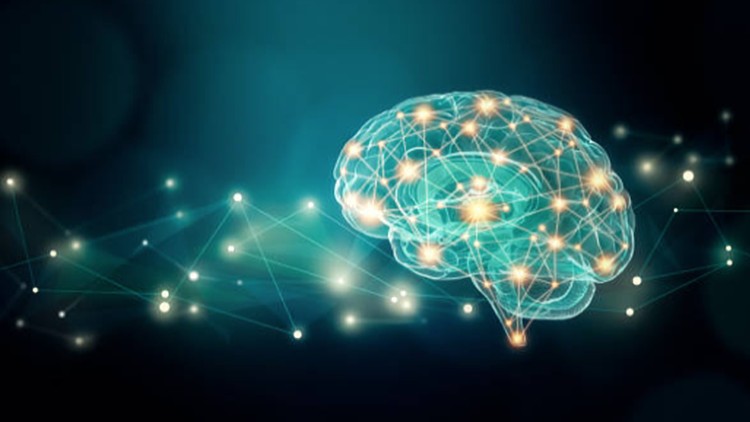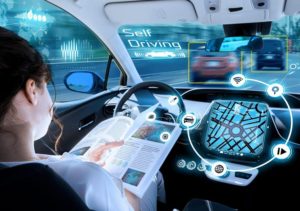Update: A life of cognitive and physical exercise helps you stay sharp in your 70s and beyond

Welcome to a new edition of SharpBrains’ e‑newsletter, featuring 13 fascinating brain research findings, useful resources–and a brain teaser to test your attention skills.
#1. Good news of the month: Elders today are in significantly better shape–physically and cognitively–than three decades ago
#2. A distinction WITH a difference: Actual, sustained practice–not mere knowledge–is needed to harness neuroplasticity and improve cognition over time
#3. “Be mindful that with the rapid changes we are experiencing, our brains are going through accelerated learning. Our brains get tired just as our bodies would if we ran a marathon without training.” How COVID-related stress can disrupt your brain circuits and nine tips to prevent it
#4. Yes, Yes, and Yes. To harness our best selves, “Temper your empathy, train your compassion, and avoid the news”
 #5. Things start early. Marshmallow Test with a twist: 3- and 4‑year-olds kids display more self-control when their reputation is at stake
#5. Things start early. Marshmallow Test with a twist: 3- and 4‑year-olds kids display more self-control when their reputation is at stake
#6. Which is why we look forward to seeing 9,000+ students, plus their many teachers and administrators, further develop their unique brains and minds in years ahead: Helping shape the future of lifelong learning via SEK Education Group
#7. “… it would certainly be premature to suggest that moving to a high altitude state would improve a child’s ADHD symptoms. However, the findings highlight the value of keeping an open mind in efforts to understand the development of ADHD and the role natural environments may play in potentially alleviating it.” Study finds surprising correlation between states’ elevation and ADHD prevalence
#9. Time to start paying serious attention to the brain/ cognitive side effects of common medications. Anticholinergic drugs found to significantly increase risk of cognitive decline, especially among those with Alzheimer’s Disease biomarkers or genetic predisposition
 #10. Fascinating: “After a 14-day training period … visuospatial skills improved by 40%. This increase in visuospatial ability was shown to be directly responsible for a reduction in motion sickness by 51% in the simulator … and a 58% reduction in the on-road trial.” Study: Self-driving cars will increase motion sickness…unless we retrain our brains to improve visuospatial skills
#10. Fascinating: “After a 14-day training period … visuospatial skills improved by 40%. This increase in visuospatial ability was shown to be directly responsible for a reduction in motion sickness by 51% in the simulator … and a 58% reduction in the on-road trial.” Study: Self-driving cars will increase motion sickness…unless we retrain our brains to improve visuospatial skills
#11. Behavioral health and neuroplasticity meet big pharma to hopefully address a huge need. Click Therapeutics and Boehringer Ingelheim partner to develop and market a digital therapeutic to treat schizophrenia
#12. Neuralink: Thumbs up or down?
#13. Brain teaser: Did you notice the numerical error as it happened? If not, feel free to go back and find it now :-)
Wishing you a safe and healthy October,
Alvaro Fernandez and the SharpBrains Team


